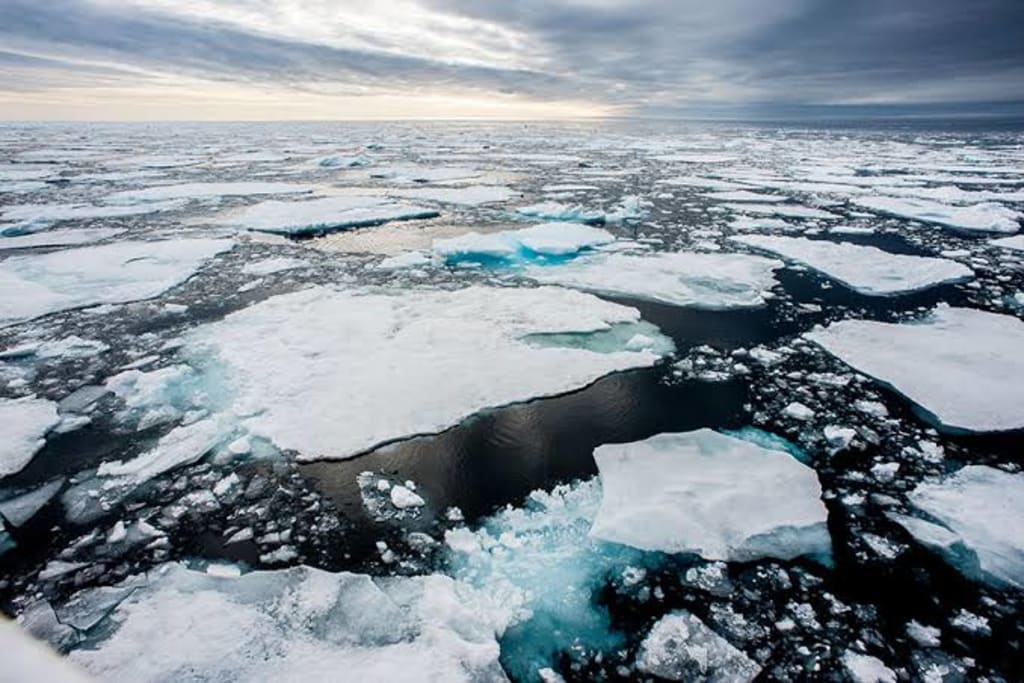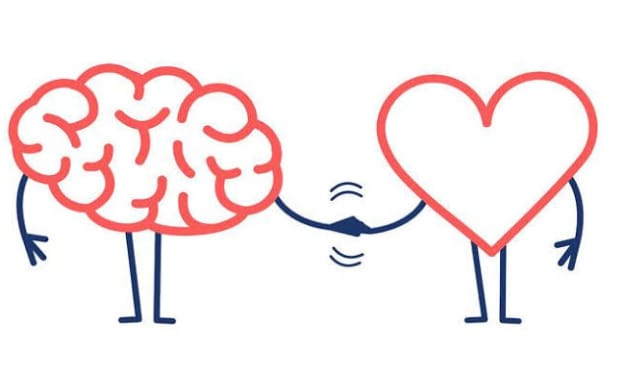
Glaciers are a natural wonder of the globe because of their overwhelming size and stunning majesty. They stand in contrast to the catastrophic repercussions of global warming. Unprecedented glacier melting is having a big impact on the environment. This article examines the connection between global warming and the melting of glaciers. We look at what causes glaciers to melt, how it affects the ecosystem, and what we can do to address this urgent problem.
Global warming is the main factor contributing to the worrisome rate of glacier melting. Glacier melt is mostly attributed to the rise in global temperature brought on by greenhouse gases, particularly carbon dioxide. The feedback loops that become active as glaciers melt further worsen the melting process. The consequences of global warming are amplified by feedback loops, which causes even greater warmth. The albedo effect is an example of this feedback loop. The quantity of sunlight that the earth's surface reflects back into space is referred to as albedo. The albedo drops as ice and snow melt because less sunlight is reflected back into space. This causes the earth's surface to absorb more heat, which causes further melting.
The consequences of melting glaciers are significant and pervasive. The increase in sea levels is one of the most noticeable effects. Sea levels increase as a result of the water entering the oceans as glaciers melt. In turn, this leads to coastal floods, erosion, and infrastructural destruction. By 2100, sea levels might rise by up to one meter, according to the World Bank, which would force tens of millions of people to relocate. In addition, the additional freshwater produced by melting glaciers can change ocean currents, resulting in unpredictably harsh weather patterns.
Ecosystems are significantly impacted by glacier melting as well. The availability of freshwater, which is crucial for agriculture, drinking water, and other human requirements, may be impacted by the melting of glaciers. Moreover, rivers, lakes, and wetlands benefit from the freshwater that comes from melting glaciers because it helps keep them healthy. The habitats of many species can be negatively impacted by the melting of glaciers, which might result in a decrease in biodiversity.
Global economies are also impacted by glacier melting. Glaciers are a key draw for tourists, which is one reason why tourism is a substantial source of wealth in many nations. Tourism-dependent communities will face economic hardship as a result of the glaciers' continued melting. Moreover, energy production may be impacted by glacier melting. Since glaciers are a source of hydropower, their disappearance could increase energy costs by reducing energy output.
There are ways to lessen the effects of global warming despite the severe repercussions of melting glaciers. Reducing greenhouse gas emissions is one strategy. This can be accomplished by switching to renewable energy sources like wind and solar energy, making investments in energy-efficient technologies, and lowering our reliance on fossil fuels. Governments and businesses can also intervene by putting in place laws that lower emissions, including carbon taxes or cap-and-trade programs.
By adaptive strategies, the effects of melting glaciers can also be lessened. To combat sea level rise and flooding, these strategies include enhancing coastal infrastructure, such as levees or sea walls. Therefore, it is crucial to create more resilient communities that can resist catastrophic weather conditions. Additionally, spending money on water management and conservation techniques helps ensure that freshwater resources are still available even if climatic patterns change.
In conclusion, there is no doubt about the connection between global warming and the melting of glaciers, and the consequences are extensive. A few effects include the loss of freshwater resources, an increase in sea levels, and effects on ecosystems and economy. We do, however, have the ability to act to lessen these impacts. We can assure a sustainable future for current generations as well as future ones by reducing greenhouse gas emissions and putting adaptation strategies into place. Act quickly before it's too late to save these magnificent beauties from permanent extinction.
About the Creator
Furkan Ö.
I am a young writer who can write on any topic. I may not be able to change the world with my words, but I can stir thoughts with my writing. I will continue to write for my followers, fans, and future readers.






Comments (1)
very important topic you have chosen